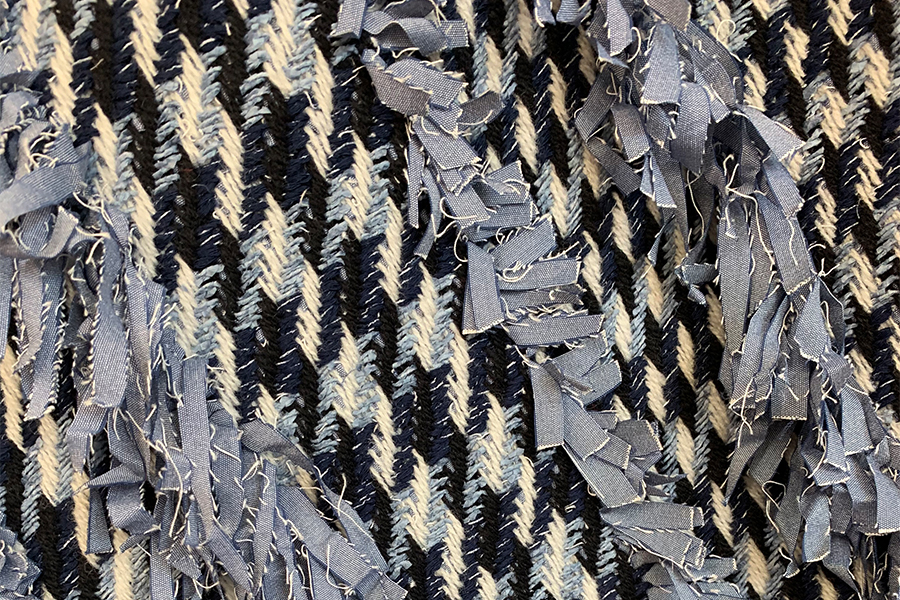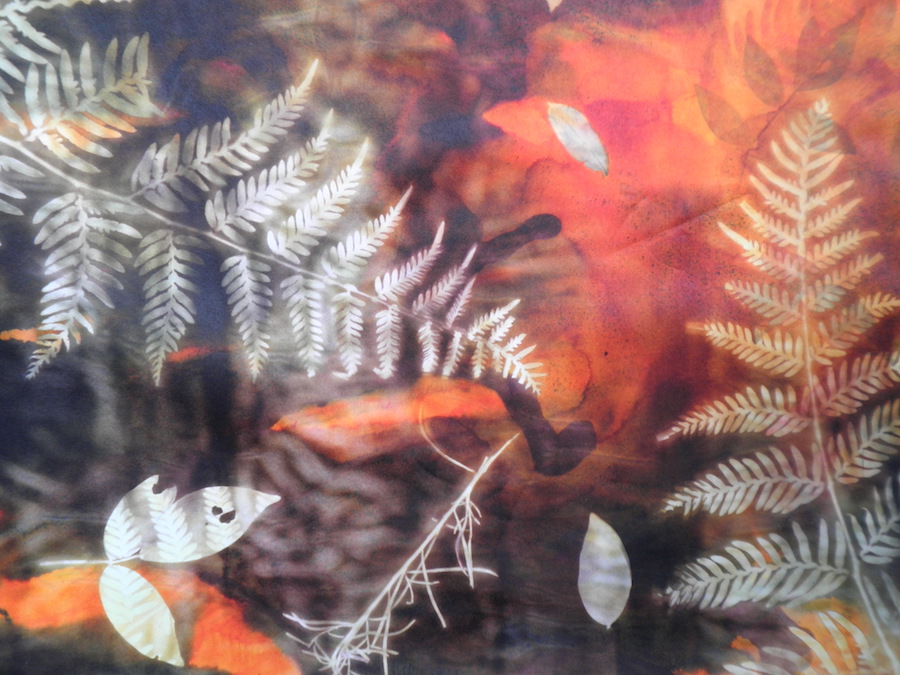 The Unstable Design Lab is excited to host a call for entries for their second Experimental Weaving Residency. This funded residency will take place in winter/spring 2022 and is focused on developing experimental textile structures and concepts in close collaboration with engineers and scientists at the University of Colorado Boulder.
The Unstable Design Lab is excited to host a call for entries for their second Experimental Weaving Residency. This funded residency will take place in winter/spring 2022 and is focused on developing experimental textile structures and concepts in close collaboration with engineers and scientists at the University of Colorado Boulder.
The Unstable Design Lab is hosting its experimental weaving residency with the goal of developing new techniques and open-source resources that can co-evolve fiber arts and engineering practice.
The chosen resident will work with the Unstable Design Lab, as well as researchers from the University of Colorado, to create a series of samples inspired by challenges currently faced by engineering researchers. For example, shape weaving techniques for creating form-fitting and/or compression garments for counter-pressure spacesuits, integration of power harvesting diodes, compostable or easily reusable textile structures for zero-waste manufacturing, or structures that dynamically fold and unfold to support mechanical structures or soft robotics (to name a few, but not all, possible spaces for experimentation).
Applicants should be open-minded, curious, and above all deeply knowledgeable about woven structures and their behaviours. No knowledge of computer science, electronics, or engineering is required for participation. Continue reading →











